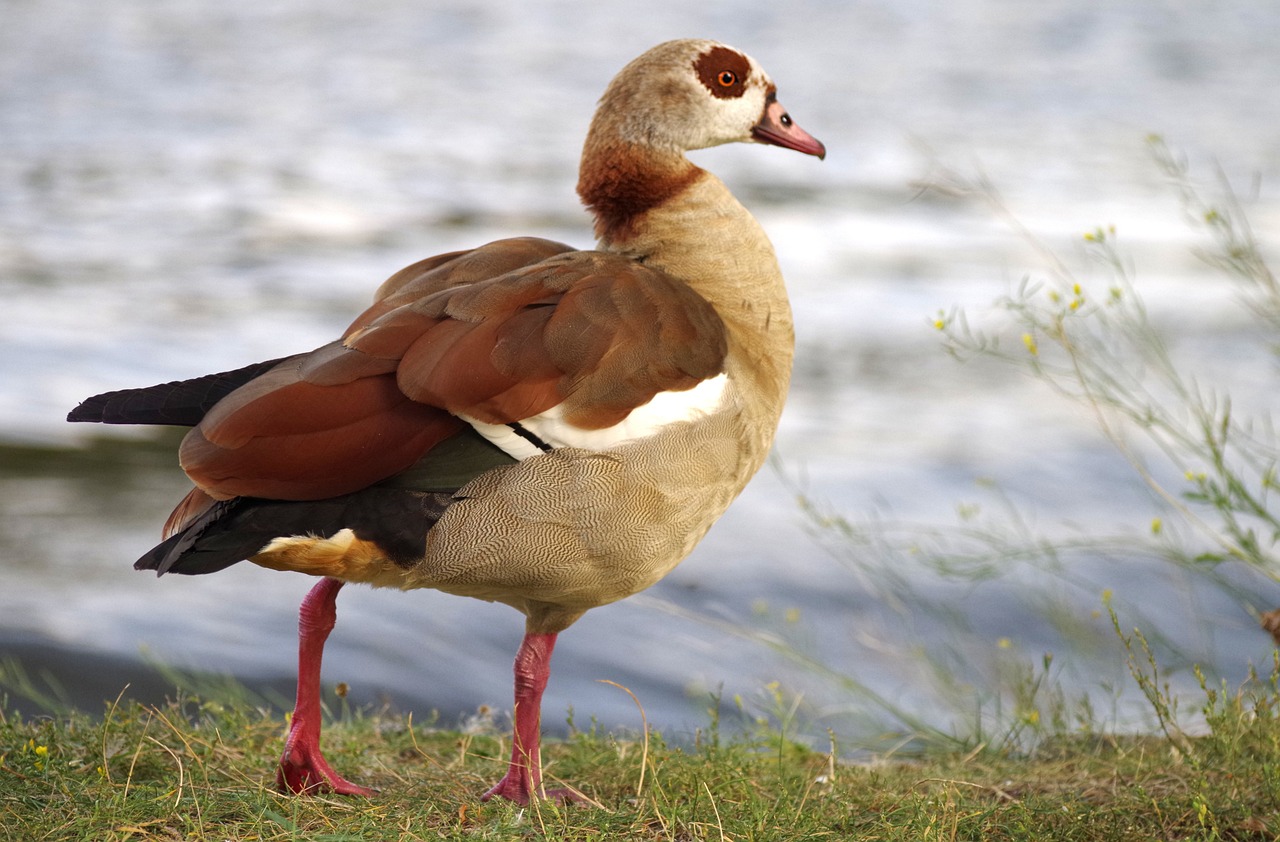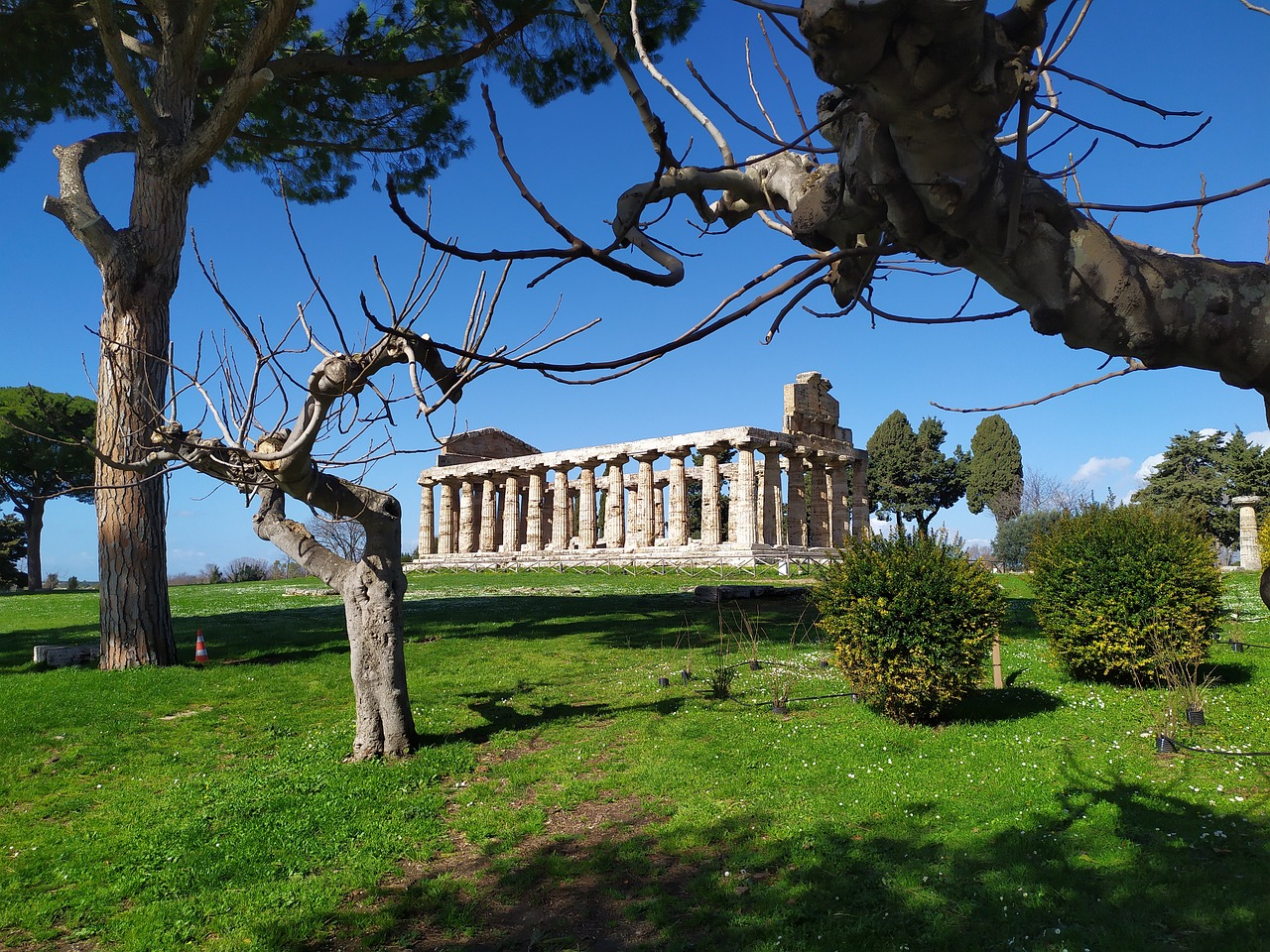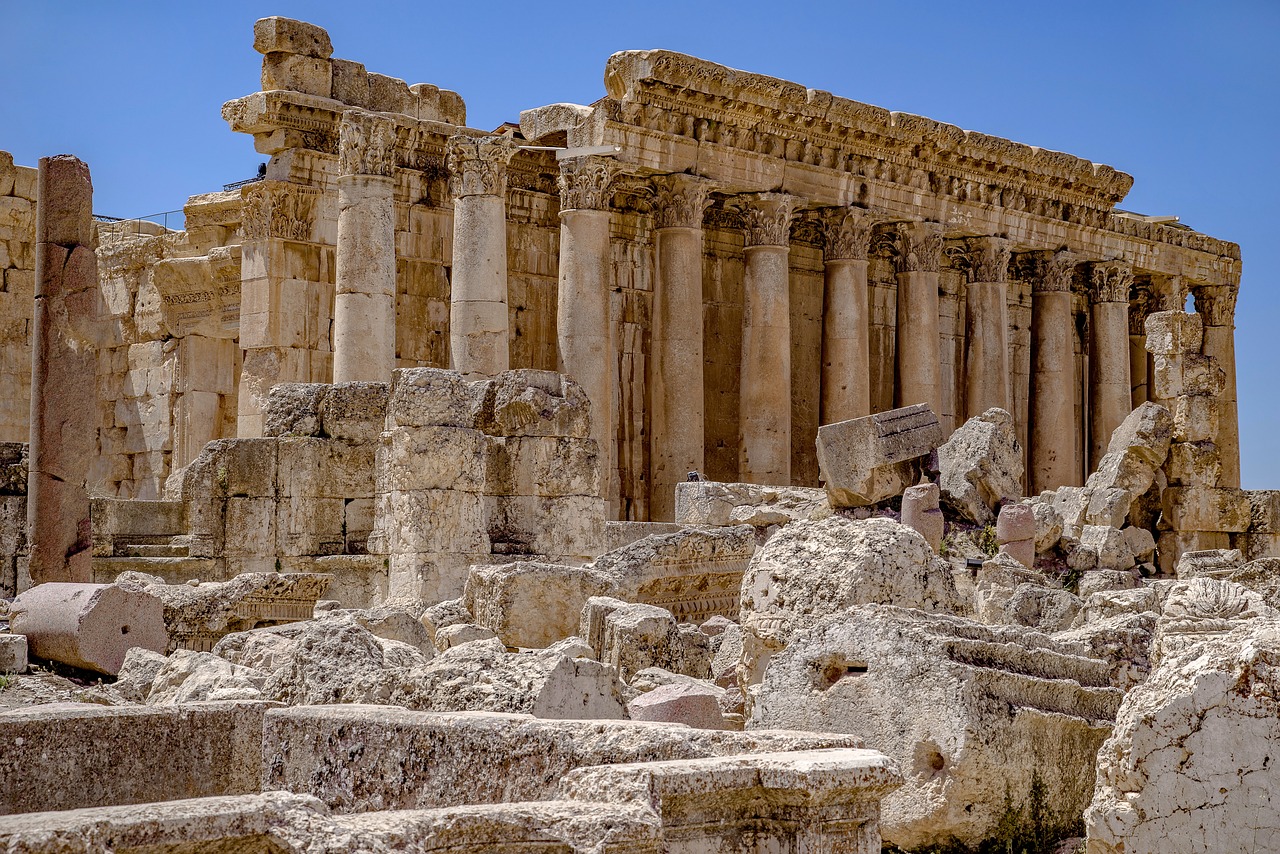-

Hector: The Hero of Troy Hector stands as the eldest son of Priamus and Hecabe, renowned for his roles as Andromache’s husband and Astyanax’s father. Within the works of Homer, he emerges as a central character among the Trojans, mirroring the significance of Achilles among the Greeks. Homer appears to hold a deep affection for…
-
Cernunnos, often referred to as the horned deity of the Celts, embodies a myriad of concepts including nature, wildlife, and fertility. He is typically portrayed with stag antlers or horns and is adorned with a torc around his neck. Despite the limited information available on him, notable representations can be found in various Celtic artistic…
-

Scáthach: The Fierce Warrior Queen of Irish Legend Scáthach, often revered as a formidable figure in Irish mythology, is notable for having trained the famed hero Cú Chulainn in the arts of battle. Known as “The Shadow,” her legacy remains deeply ingrained in the tales of ancient Ireland. This warrior queen established her domain within…
-

Understanding the Significance of Samhain Samhain, celebrated on November 1st, signifies the “end of summer.” This date traditionally marked the conclusion of the Celtic year and heralded the onset of winter—a time for contemplation. The eve of Samhain, October 31st, was believed to be when the ancestors would traverse through the veil that separates the…
-

The Each-Uisge: Scotland’s Sinister Water Equine A Call from the Water’s Edge… Should You Heed It? A thick, oppressive mist lingers over Scotland’s lochs, draping the reeds in an ethereal veil. The chill in the air penetrates deeply, while a silence cloaks the landscape like a sinister omen. This is not a void of sound;…
-

Ancient Egyptian spirituality encompasses the traditional beliefs of ancient Egypt, tracing back to predynastic times (around the 4th millennium BCE) and continuing until the decline of this cultural framework in the early centuries CE. For a comprehensive understanding of the historical context and relevant dates, it is advised to explore Egyptian history in-depth. The Nature…
-

Dreams are a fascinating and often perplexing aspect of our sleeping experience, producing a wide array of beliefs and interpretations throughout human history. Many theories have been proposed regarding the essence and purpose of dreaming, with classifications varying from regarding dreams as mere reflections of reality, tools for divination, sources of healing, or even insights…
-

Understanding Ceres: The Roman Goddess of Agriculture The figure of Ceres has deep historical significance, connected to the origins of agriculture, which began approximately 10,000 years ago as the climate warmed post-Ice Age. This period marked humanity’s shift toward cultivating crops to ensure a consistent food supply, reducing reliance on hunting and foraging. This agricultural…
-

Roman Religion: An Overview of Beliefs and Practices Roman religion, encompassing the beliefs and practices of the inhabitants of the Italian peninsula from ancient times until the rise of Christianity in the 4th century CE during Classical antiquity, stands as a fascinating study of spirituality and cultural identity. According to Cicero, a notable Roman orator…


